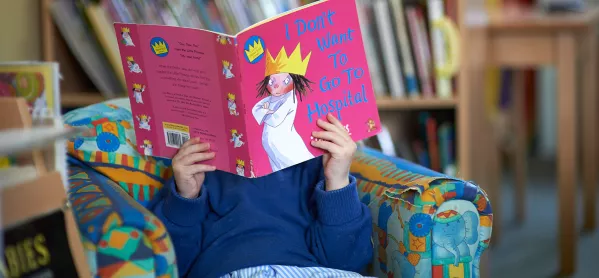Children who are regularly read to in early years perform better in maths tests later in life, new research shows.
The findings come from a study that looked at a group of German children from the age of 3 to 13.
Researchers found that those children who were read to by their parents before they started school went on to score better in maths tests at the age of 12 or 13.
Quick read: Funding boost for early years communication skills
Early years: Five steps to effective observations in early years
Guide: What you need to know about early maths teaching
The study says that children gained from “home stimulation in their pre-school years in literacy, language and arithmetic skills which, in turn, led to higher outcomes in reading and mathematical skills in secondary school, regardless of the home learning environment then”.
The benefits of bedtime stories
Simone Lehrl, from the University of Bamberg, who led the study, said: “Our results underline the great importance of exposing children to books for development not just in literacy but numeracy, too: early language skills not only improve a child’s reading but also boost mathematical ability.
“Encouraging caregivers to engage with their children in direct literacy activities, shared book reading and advanced verbal interactions during reading, and to include language and mathematical content during these activities, should promote children’s reading and mathematical abilities in secondary school.
“Such experiences lay a strong foundation for later school success.”
The research looked at 229 German children from age 3 until secondary school. Participants’ literacy and numeracy skills were tested annually in their three years of pre-school (from the ages of 3 to five) and again when they were 12 or 13 years old.
The new study has been published today in School Effectiveness and School Improvement journal.





